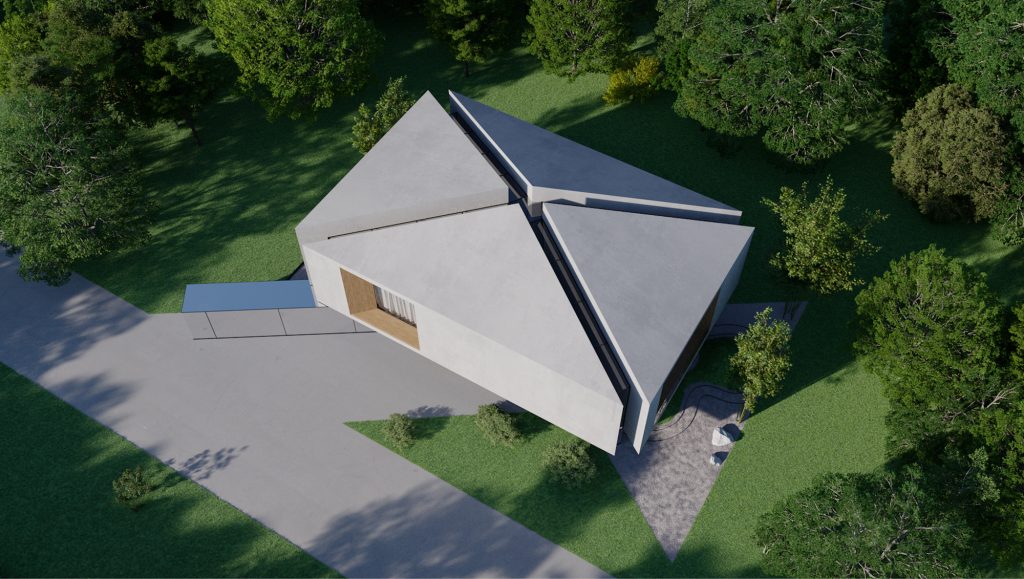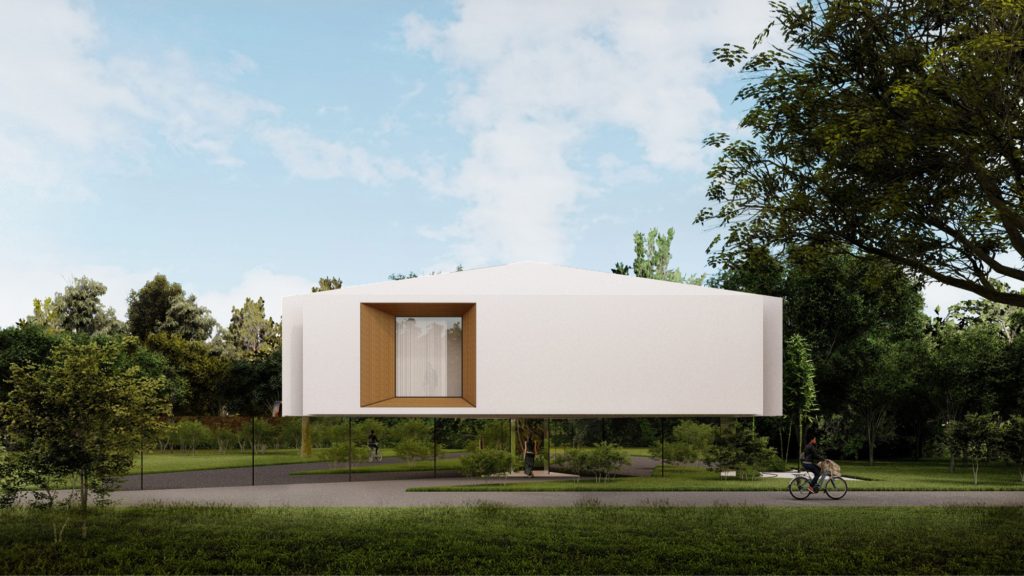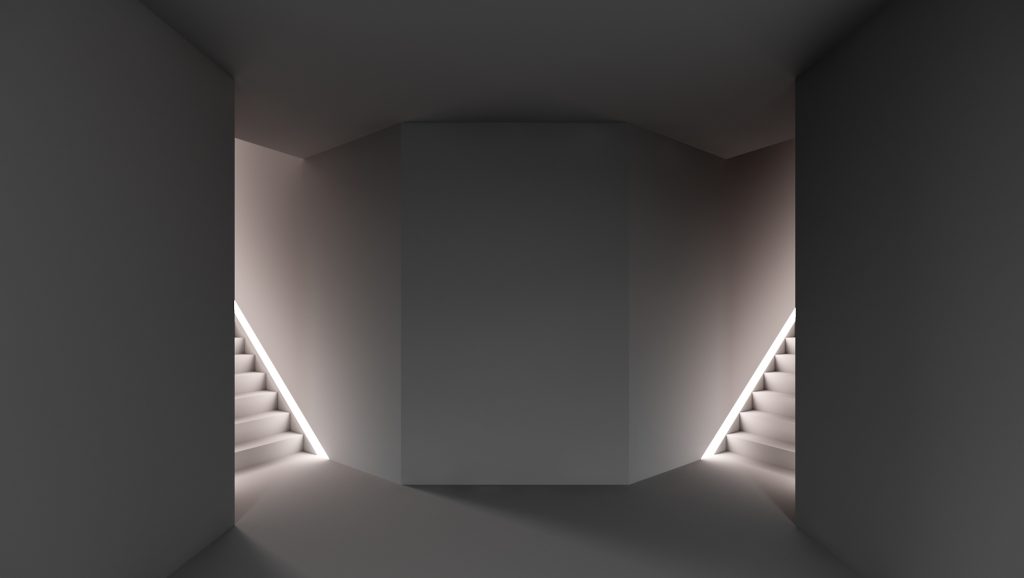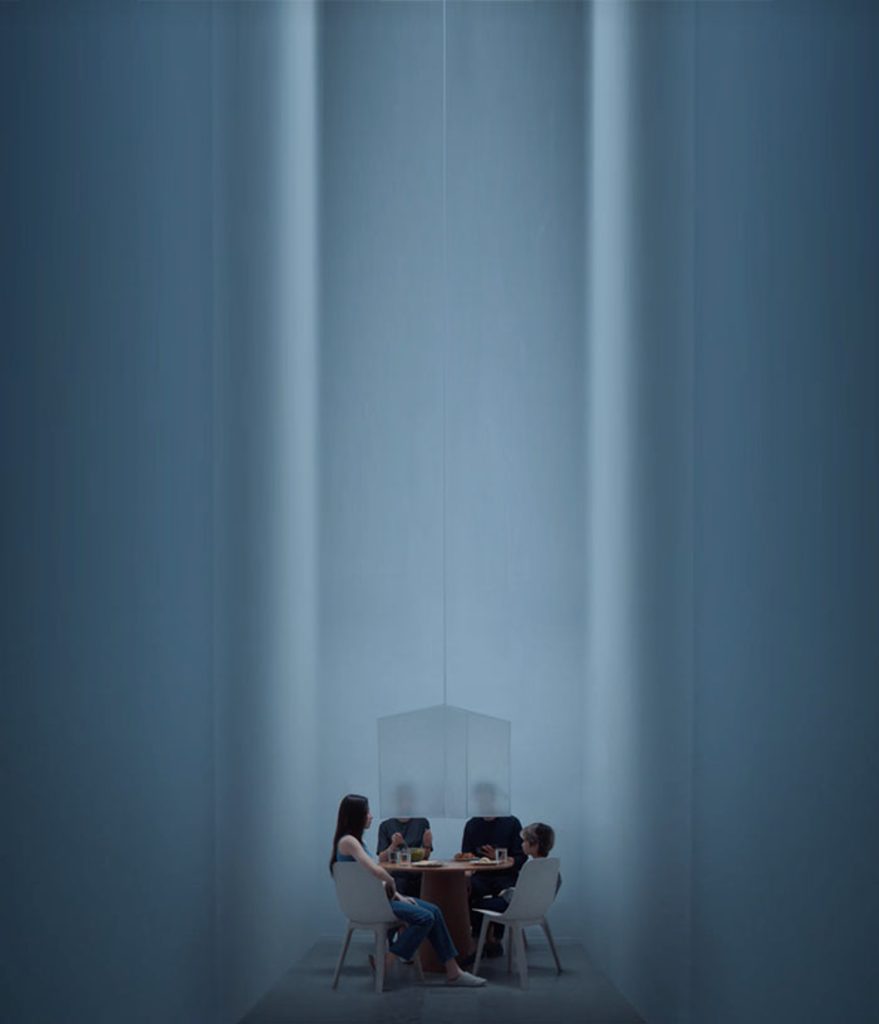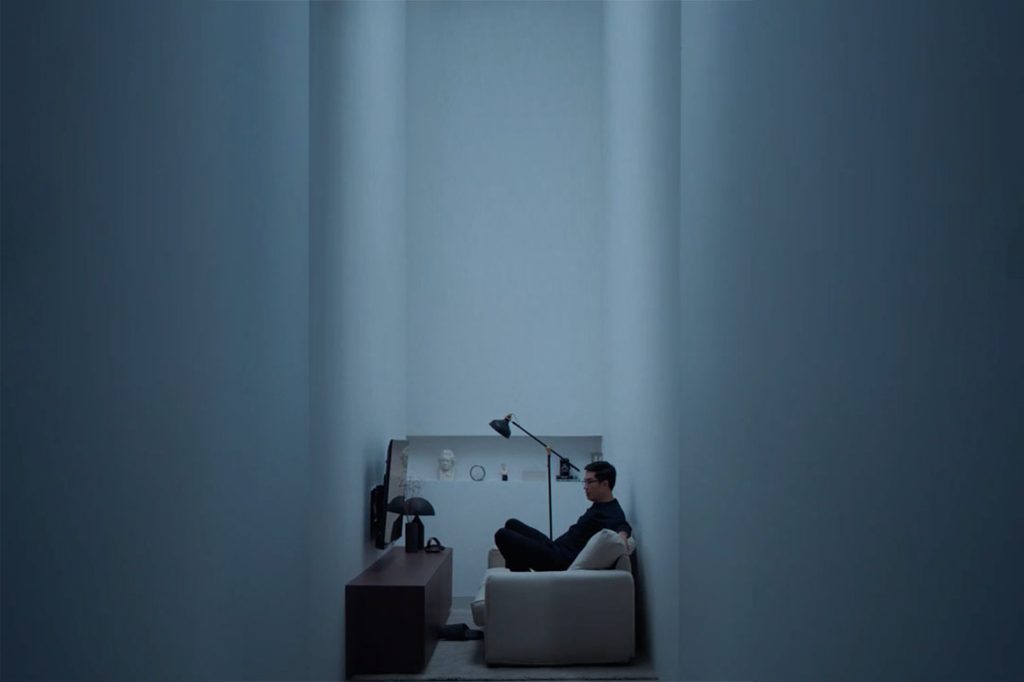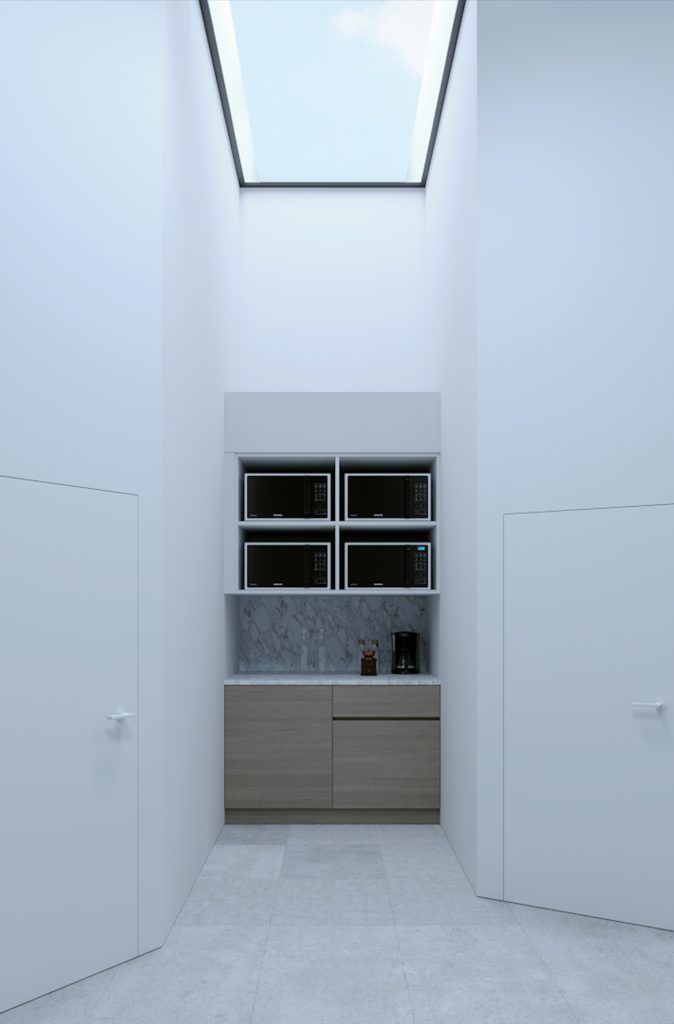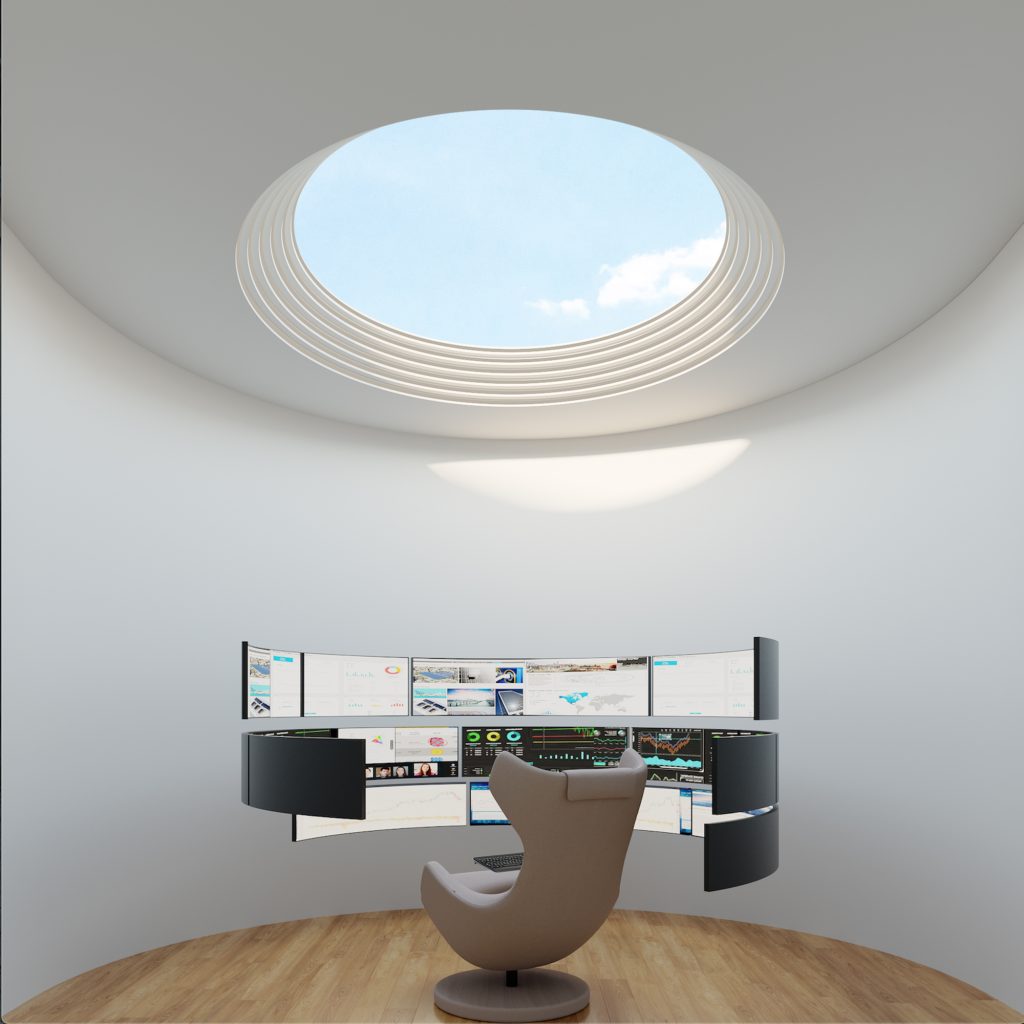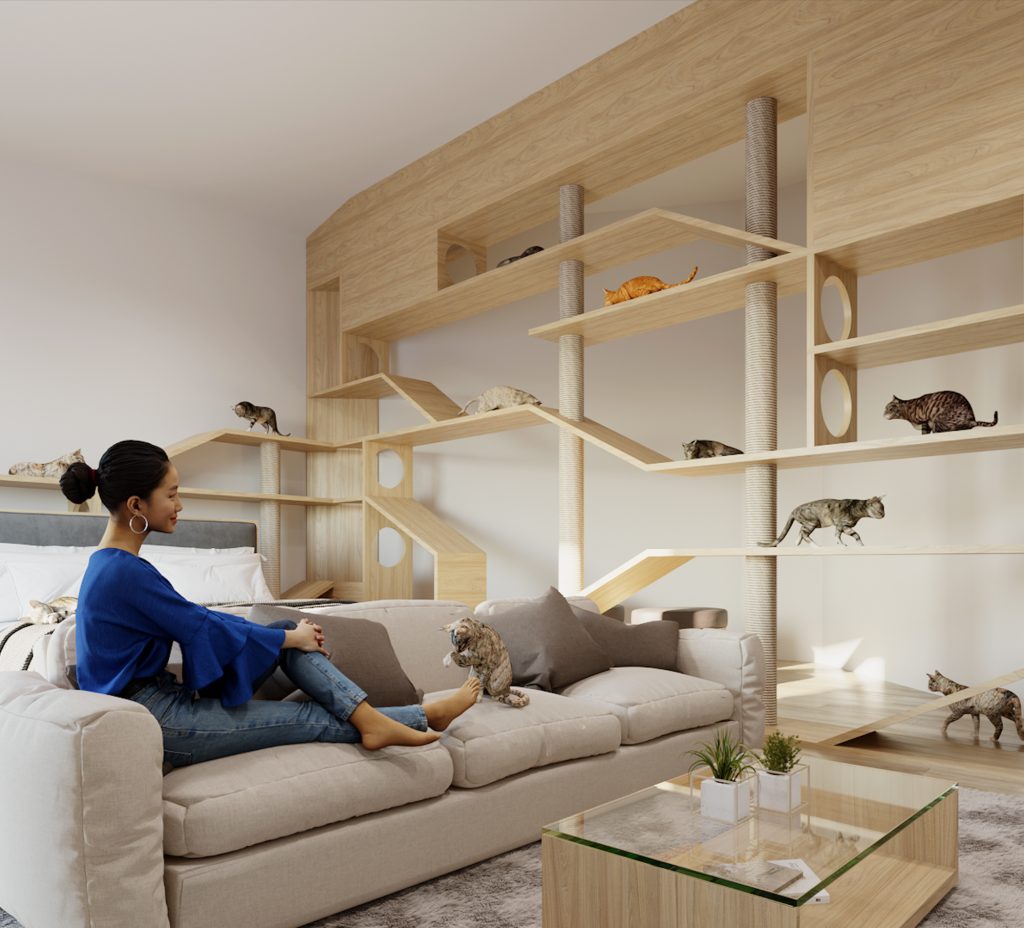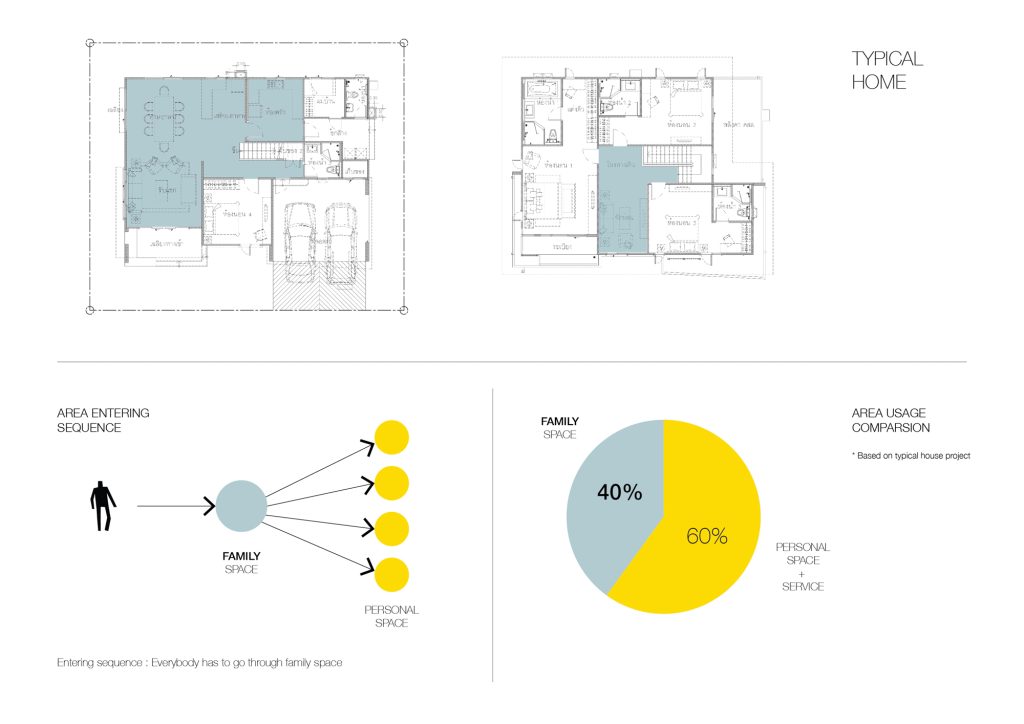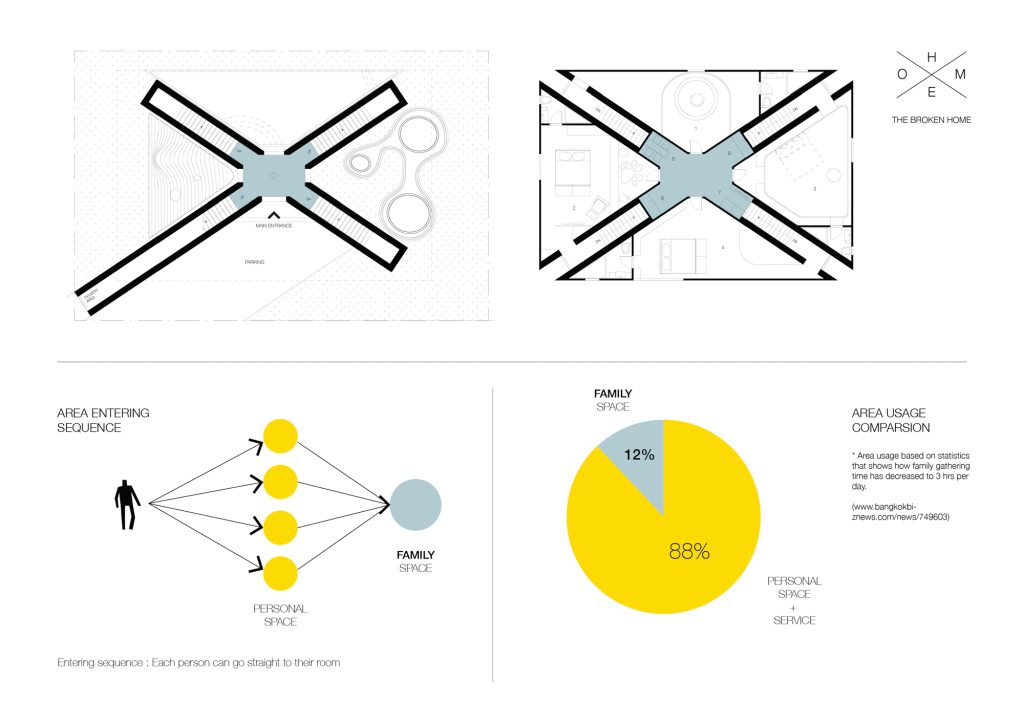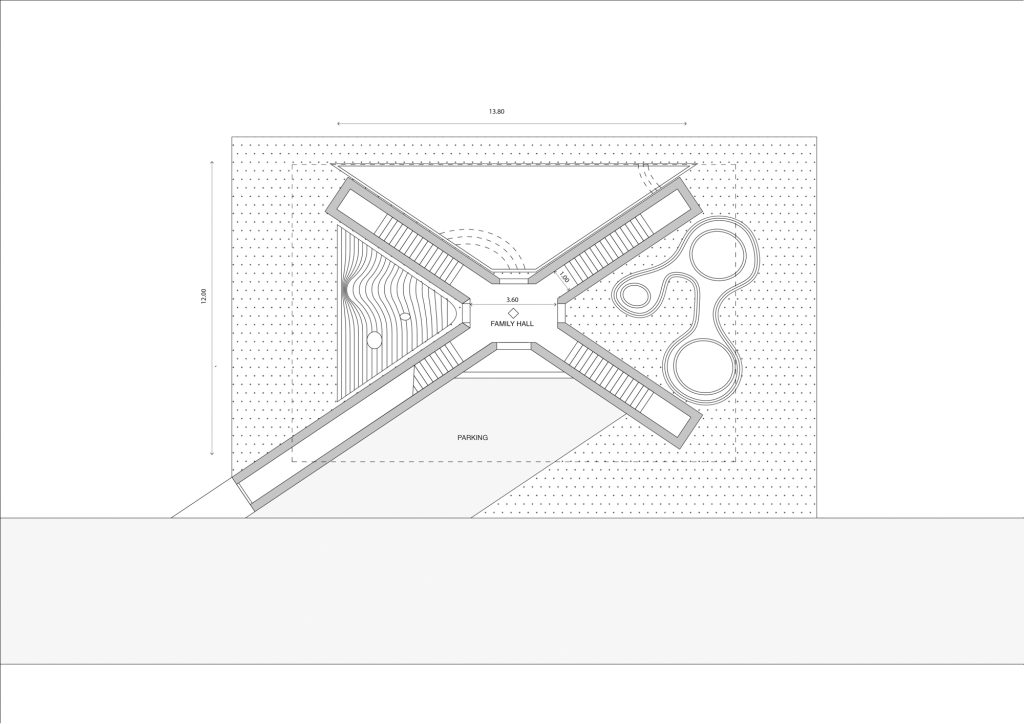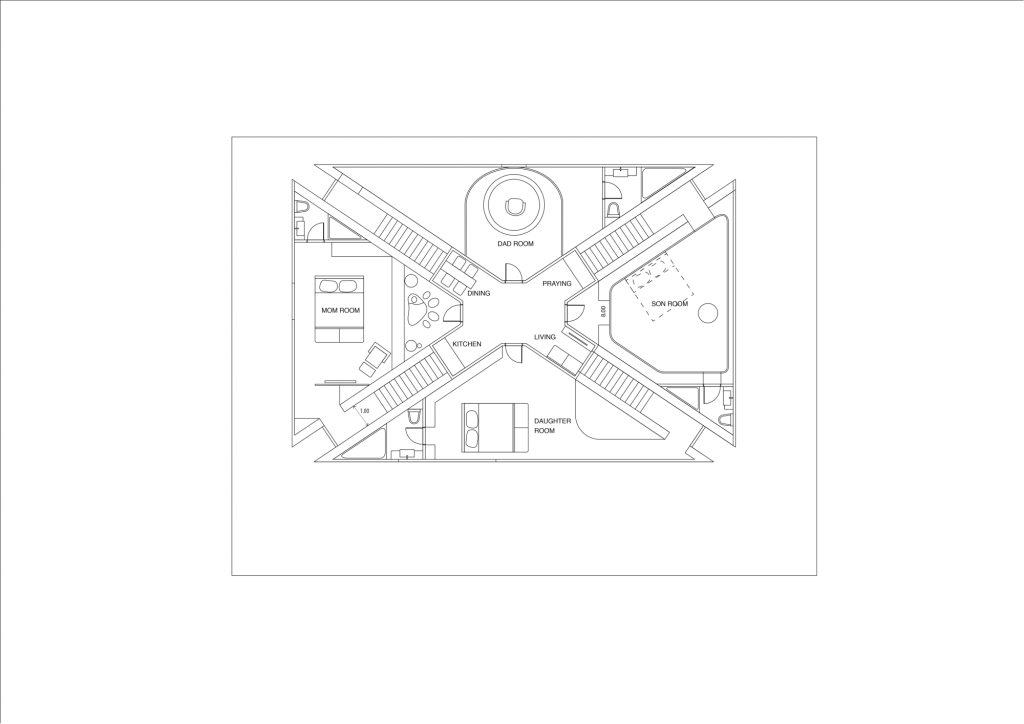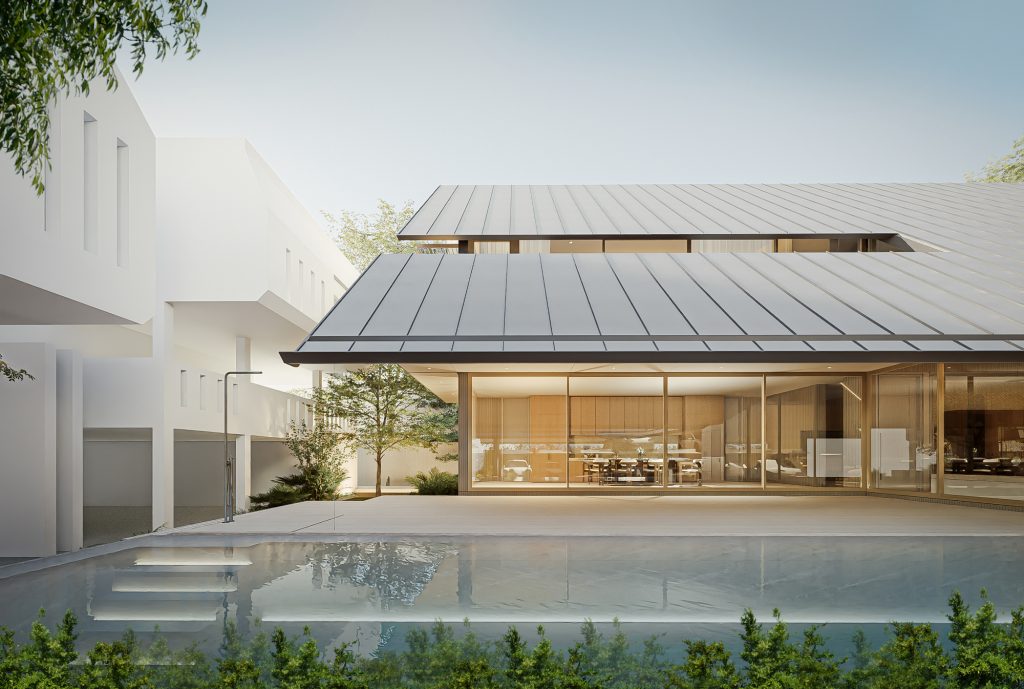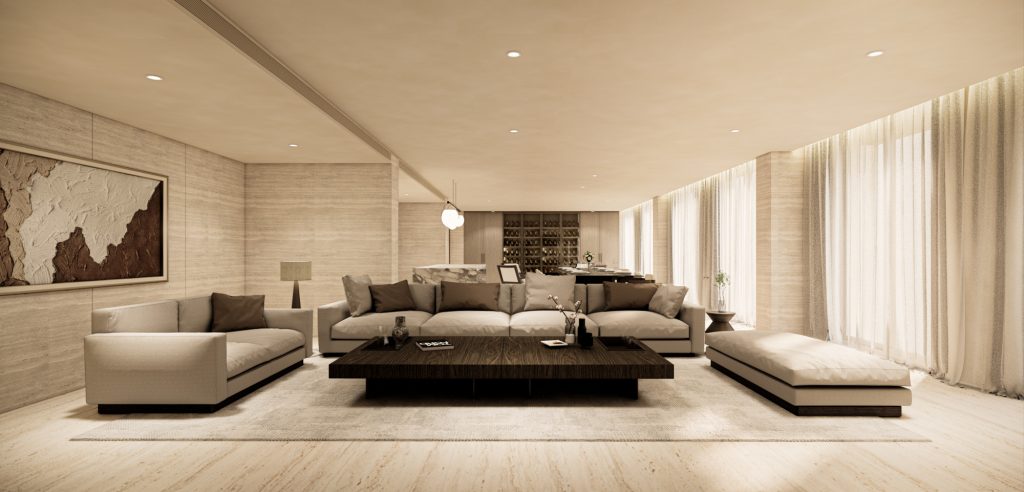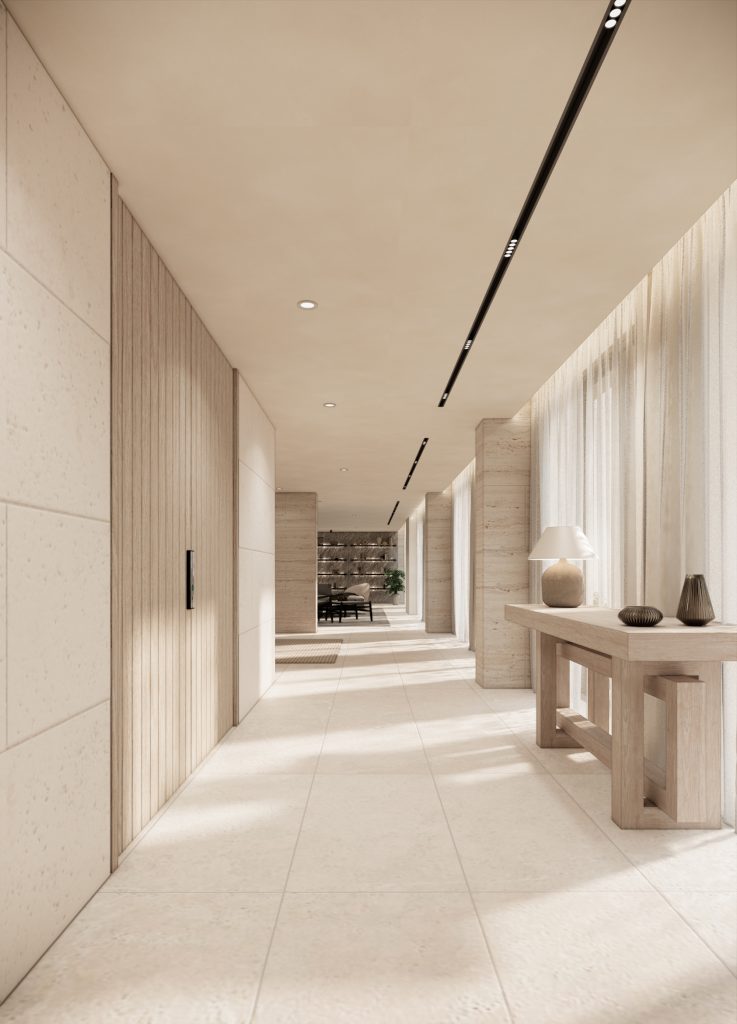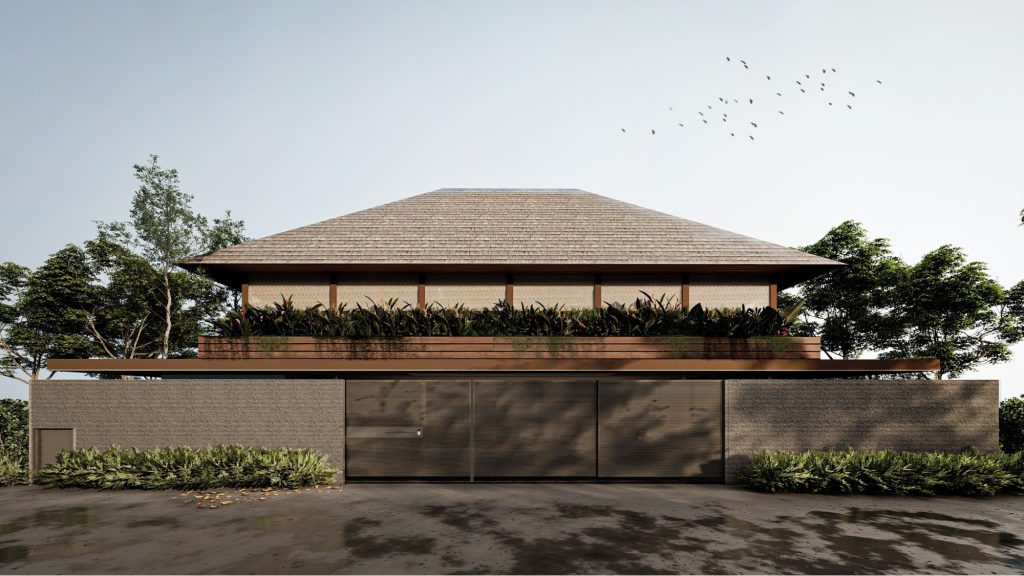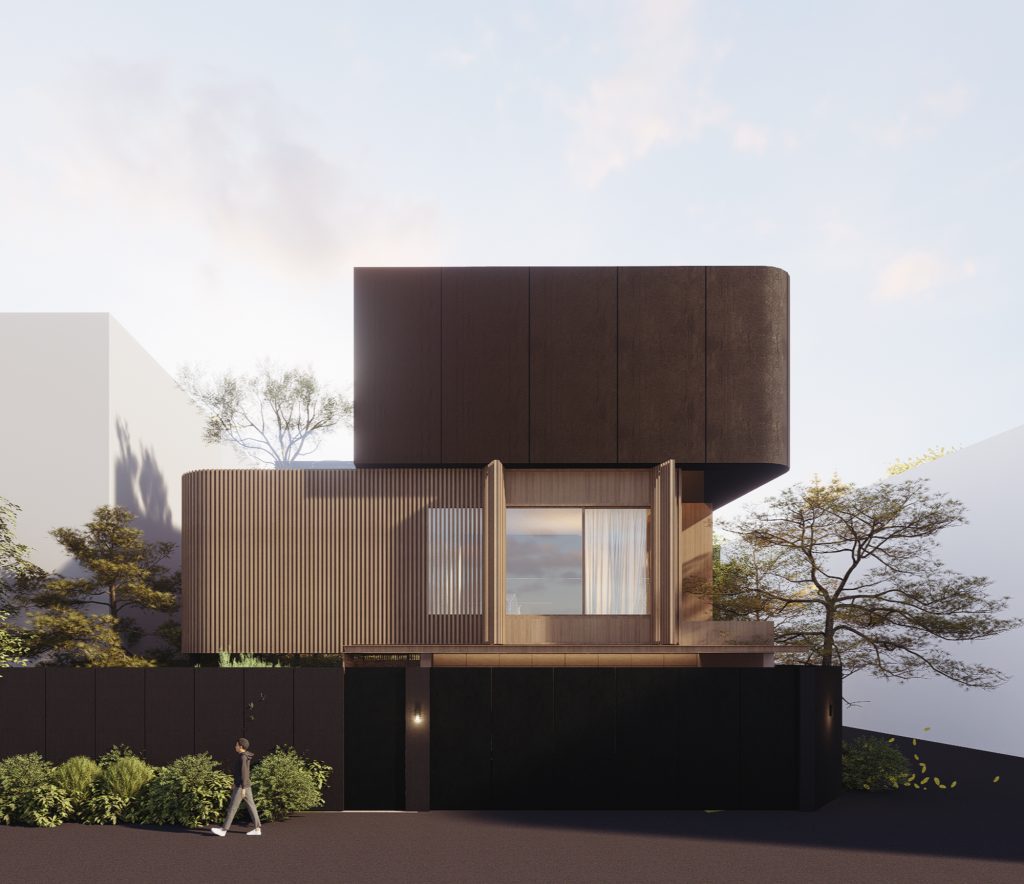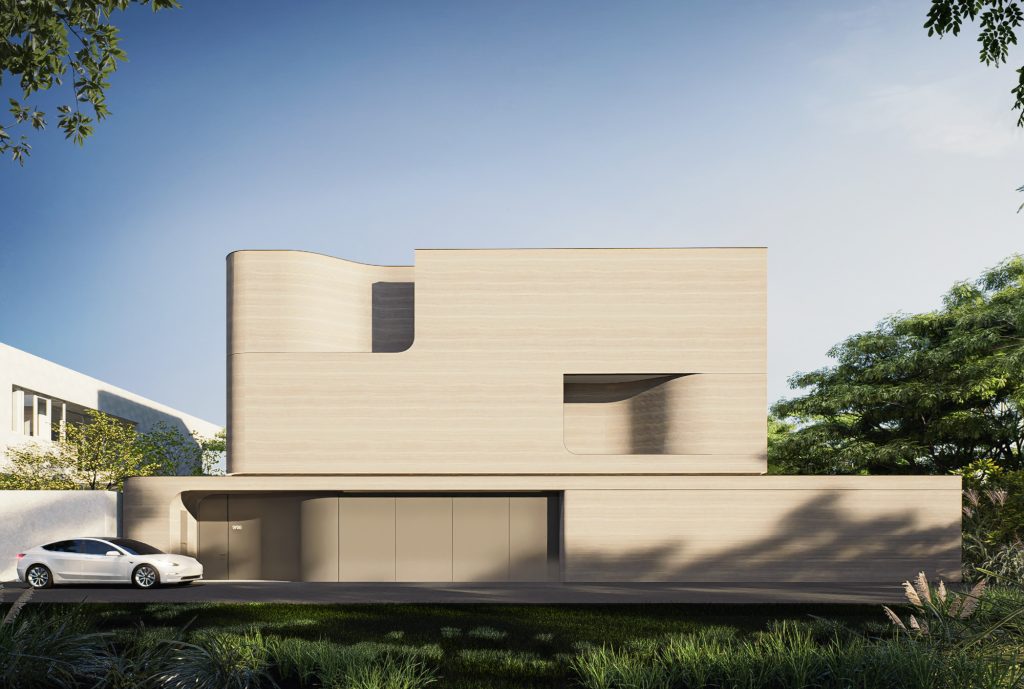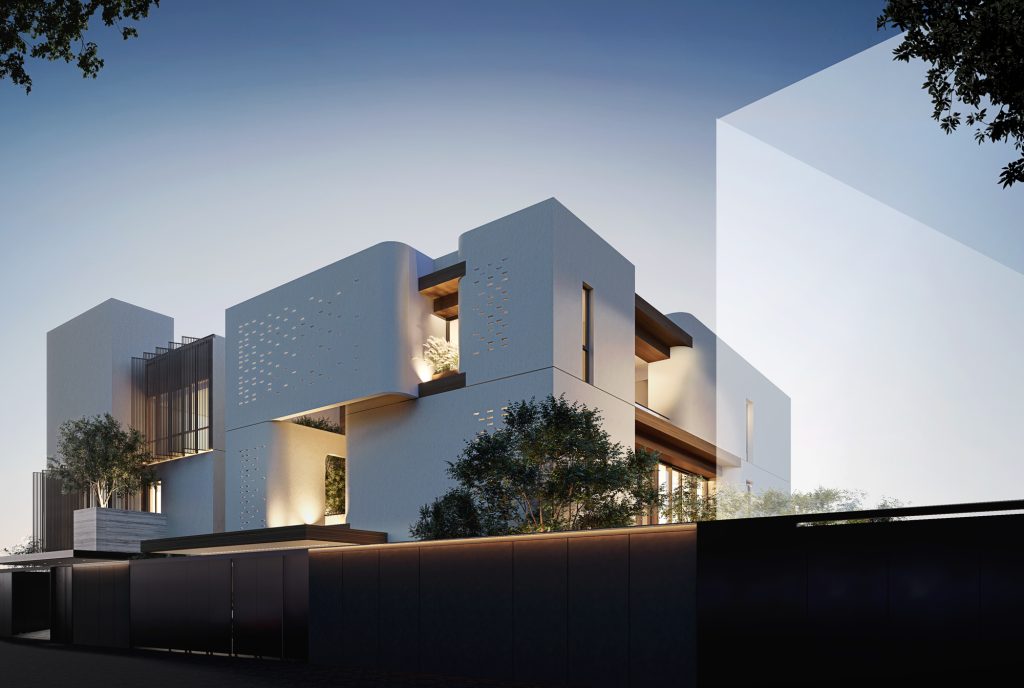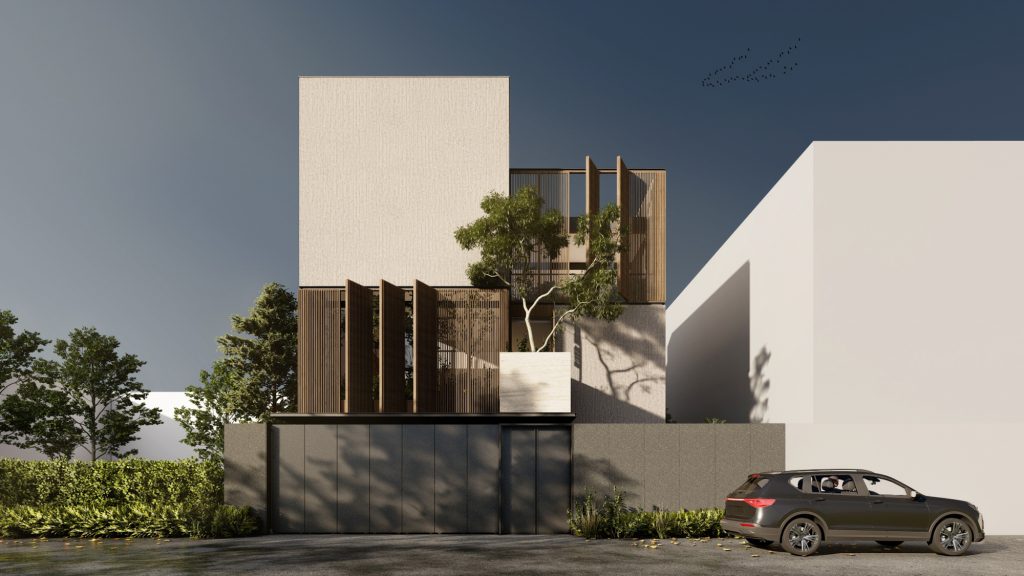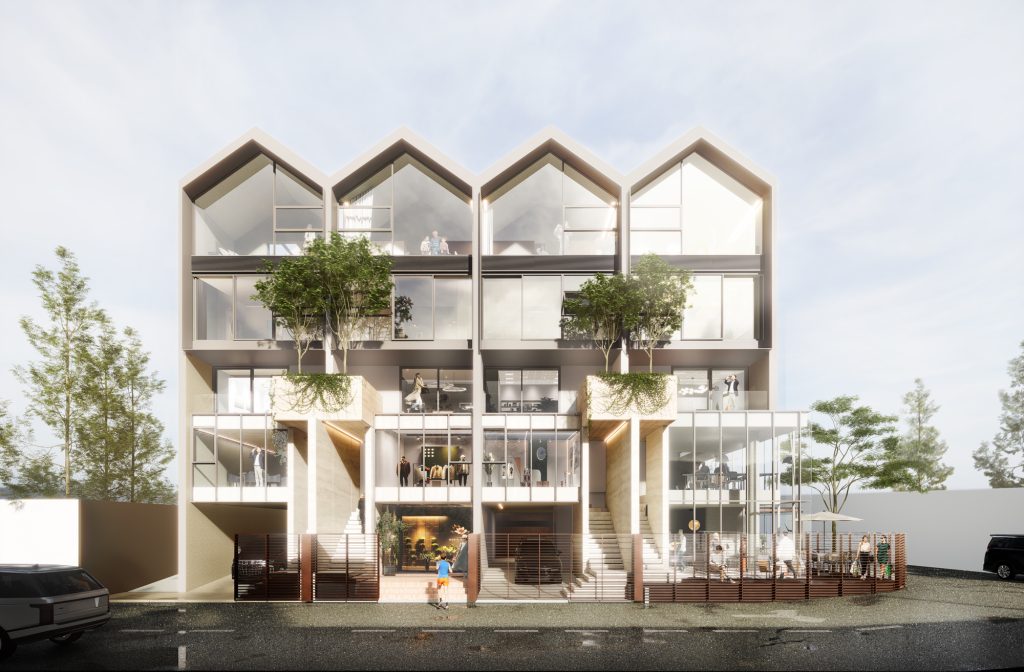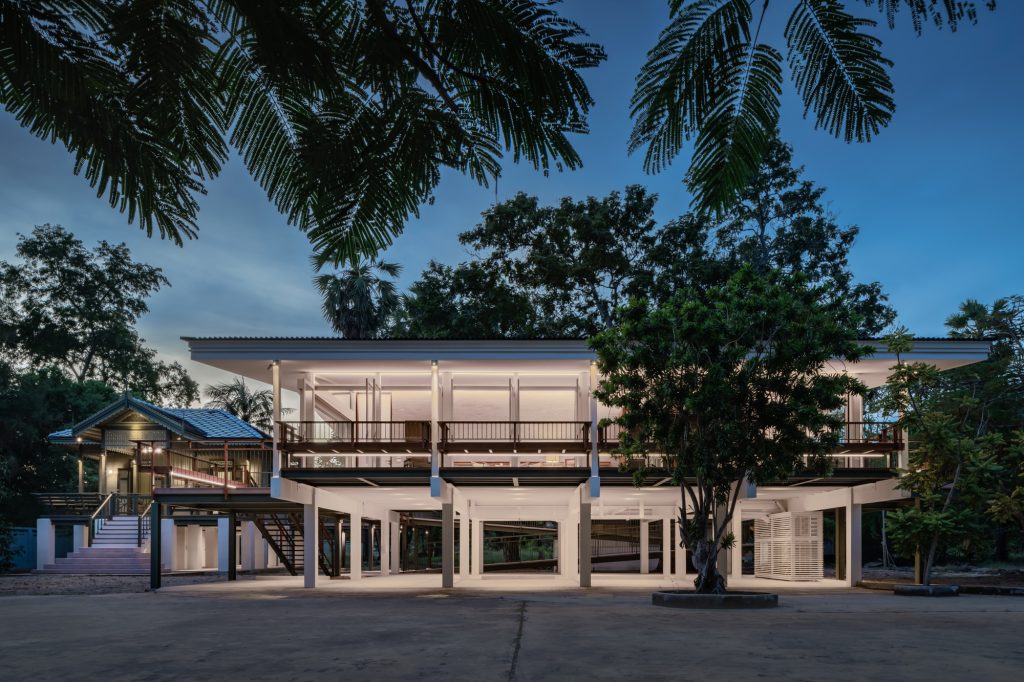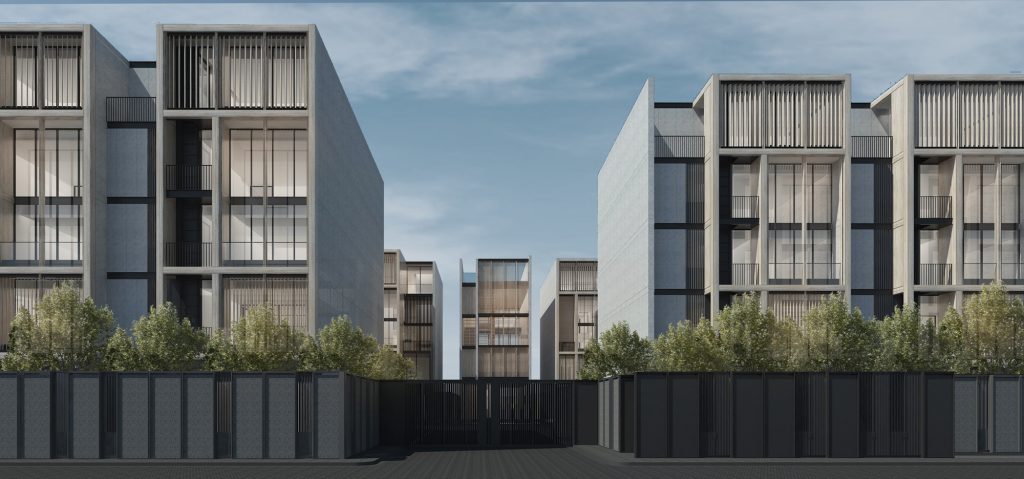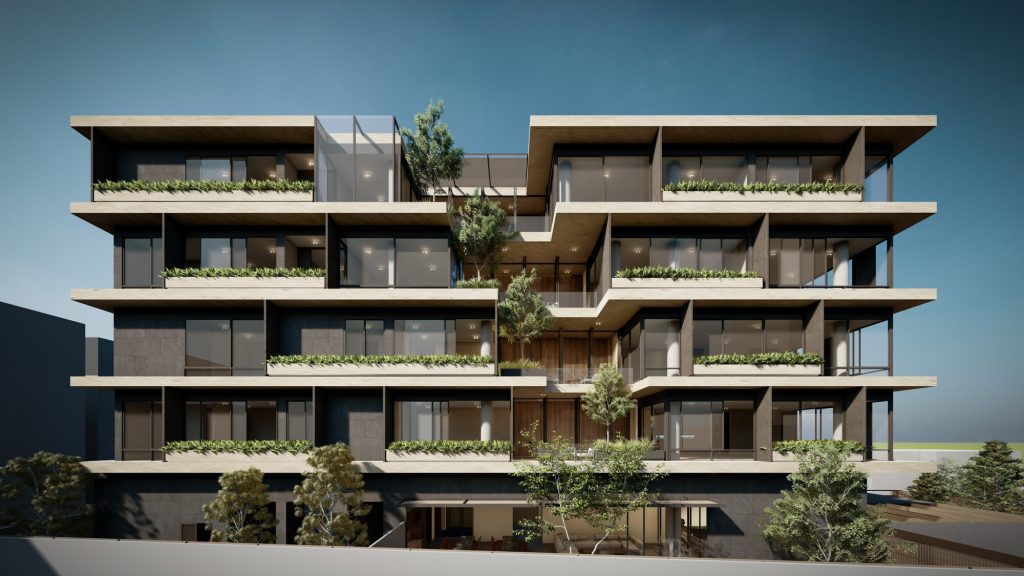The Broken Home The Broken Home The Broken Home The Broken Home The Broken Home The Broken Home
Based on Home Story
"In the age of disruption and unpredictability, competitiveness in the business world demands increased quality and time management efficiency. People are working harder to keep up with the fast pace of life, while technological advancements stored in smart devices have made working possible anytime and from practically anywhere, making one more accessible and available for 'work', whether they like it or not. One step slower can mean an opportunity lost, and the fear of being replaced or dispensable creates a restless urgency.
The hard work to optimize competitiveness within a limited time leaves little room for quality family time. Subsumed by work, one lives to make ends meet and provide financial stability for their loved ones, often at the cost of a better work-life balance.
When parents, the main providers of the family, lack enough time to nurture their family, the remaining members turn to external social interactions, such as online communities and social media platforms, in search of happiness. Over time, relationships between family members have become more distant. Each person seeks more personal time, and the growing convenience of technology has made it almost unnecessary for families to handle meals the way past generations did. Now, everyone can choose what and when to eat, independently and on their own terms.
""The Broken Home"" is a minimal, boxy architectural concept designed to reflect the shift in Thai family dynamics in the digital age. The house features distinct adaptations that accommodate changing family relationships and behaviors, using the context of Digital Disruption as a core design component.
Statistics show that Thai people currently spend an average of three hours with their family, accounting for only 12% of their daily time. This divide reflects the shift from close-knit family relationships to a more defined sense of privacy. Consequently, the house is designed with fewer shared spaces—reduced from 40% to just 12%—to accommodate only essential shared functions. In contrast, over 18,000 tweets with the hashtag #เบื่อพ่อแม่ (""fed up with my parents"") indicate growing frustration among younger generations with family dynamics, leading to reduced family interaction. As a result, the design minimizes the family hall and transforms it into a smaller transition space that leads to private areas without forcing family members to see each other.
With the increasing popularity of food delivery services, which now average 1.2 million orders per year in Thailand, the kitchen is intentionally small. It is equipped with a microwave for each family member to heat individual meals. The design includes a special passage to allow delivery packages and food to be brought into the home. The dining table features partitions that can be rolled down from the ceiling to provide privacy, accommodating the statistic that Thailand is the third-highest country in mobile phone usage. The partitions block out light and sound, offering privacy during individual device usage. The table also includes gadget holders and charging ports for added convenience.
With smaller shared areas, the design creates more spacious personal areas. The layout ensures that each family member has their own designated entrance and access to their room, separated from the rest of the house. The private entrances allow each member to enter their room immediately without crossing paths with others. However, if they wish, they can enjoy quality time in the shared spaces, which are easily accessible through their private areas.
The father’s room is designed to accommodate the long working hours typical for Thai people, who average 10 hours of work per day. The room includes facilities such as a skylight for natural light, adjustable LED lighting for optimal working conditions, and a workspace that enhances workflow and productivity. The mother’s room is designed to support her preferred activities, such as at-home workouts or providing a space for pets, who are also considered family members.
The children’s rooms are tailored to accommodate their needs and activities. Each room is designed with multi-functional furniture, such as tables, cabinets, and beds that can be pulled out as needed. The design maximizes space and provides flexibility for various activities. Indirect lighting hidden in the walls enhances the space, particularly for activities like live streaming.
""The Broken Home"" is a joint effort between the Choo-Jai Team and IF to interpret ‘home’ from a new perspective. The house reflects the changing context of modern-day individuals and their ‘living together but apart’ relationships. The project, initiated by Sammakorn, a pioneer in Thailand’s housing estate industry, acknowledges the changes in Thai people’s way of life over the past 50 years. Sammakorn’s intention is to foster conversations about these evolving behaviors and encourage reflection on happiness and life values from new perspectives.
Sammakorn believes that a ‘happy life (home)’ isn’t about forcing people together but creating a space that nurtures healthy relationships between family members."
Location
Thailand
ClientsSammakorn
Site Area432 Sq.m.
Gross Floor Area291 Sq.m.
Outdoor Area364 Sq.m.
Design Date2021
Completion Date2021
ArchitectIF (Integrated Field)
Creative AgencyChoojai & Friends
3D Rendering ArtistIllustrations on Demand
Production TeamYolk+Club
